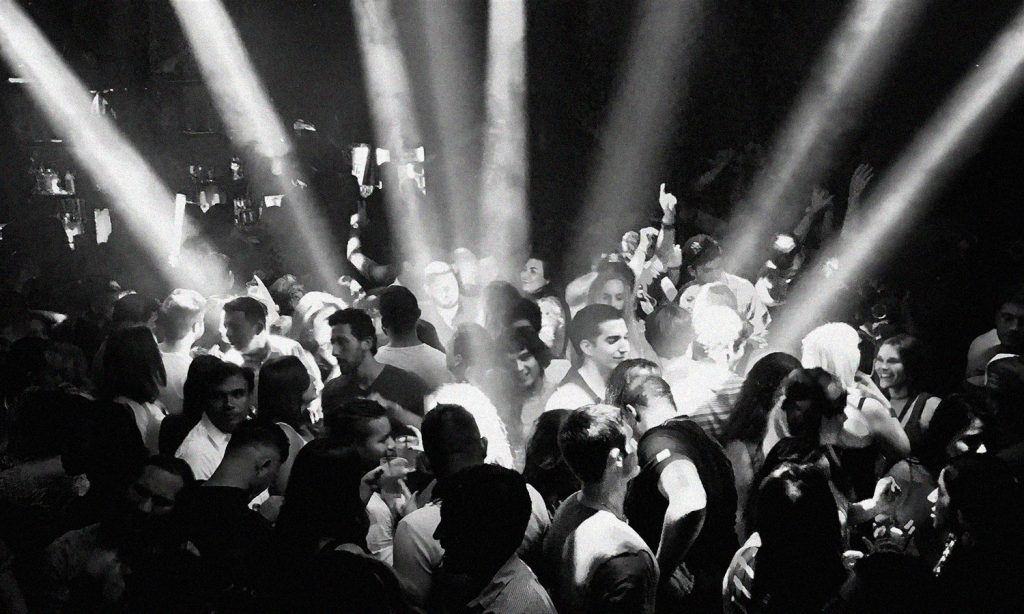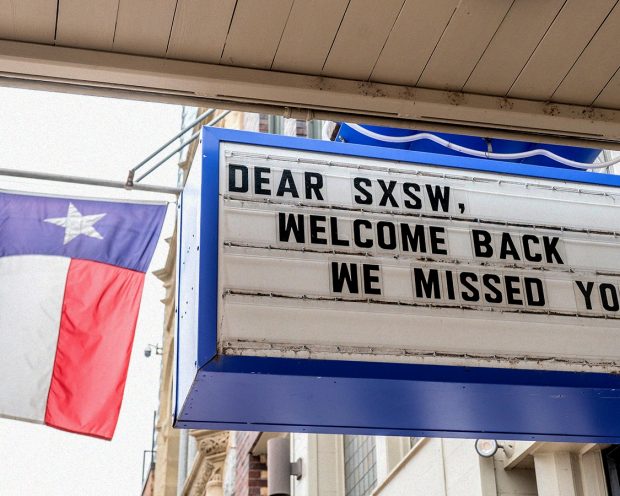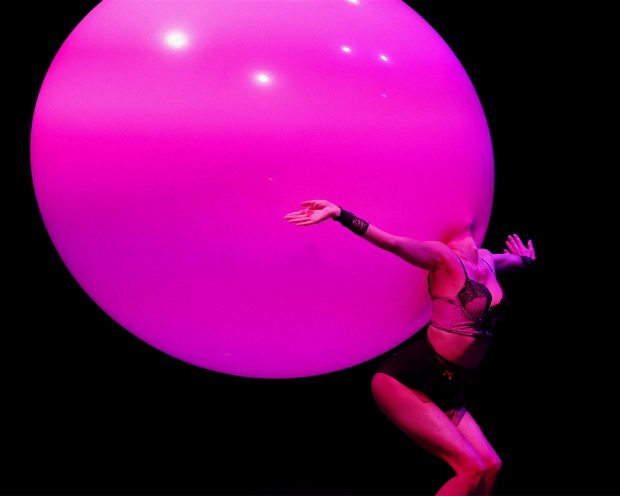Post-Covid, what do people want from experiential events now, and what are the trends we’ll see more of in the next few years? This summer, the headlines about Austin, Texas, covered more heat waves than Covid waves. So Austinites (and millions of visitors) said “Yeehaw!” and flocked back to the city’s biggest and best-loved events. In a state that lifted Covid restrictions (they were really more suggestions here) before many others, Austin events have been mostly back to business as usual since the doors for SXSW opened in person again this past March, for the first time since 2019. This year, SXSW drew 278,681 attendees, a full third less than 2019’s 417,400. Still, many in the events industry are feeling the effects of revenge travel (especially for corporate clients) as their calendars filled up after two years of blank pages. Austinites enjoy a dip with their dogs at the dog-friendly section of Barton Springs, nicknamed Barking Springs. / Jillian Anthony The first signs of normalcy bloomed in spring Hayden Lockaby, VP of strategy and growth for Austin-based experiential events agency Red Velvet, took her client Tito’s Vodka on a sales and services trip to San Diego, where there was a...


